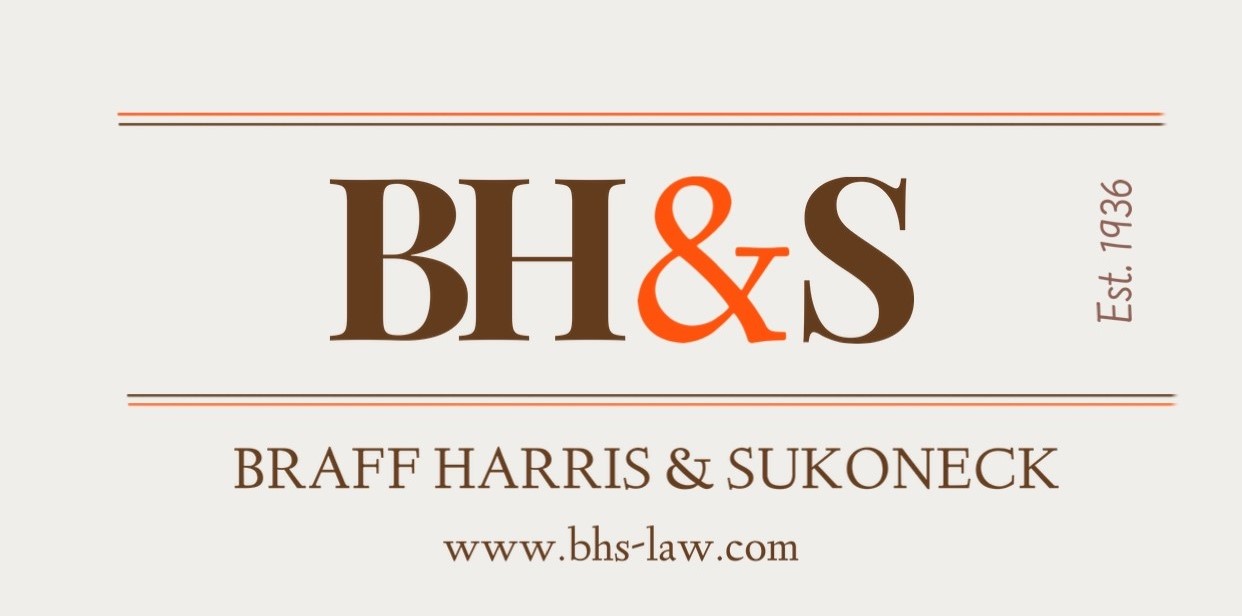|

NJ Law Review Update
Our New Jersey Courts have recently decided two cases of interest.
In McInroy v. Village Supermarket, 2016 WL 8254351, the Court imposed discovery sanctions on the plaintiff for failure to appear at an IME. A brief summary of the case is found below:
Plaintiff filed suit against defendant, Shoprite, alleging that she slipped and fell as a result of negligence and that she suffered personal injuries as a result. Defendant brought a motion seeking to compel plaintiff to pay a fee to a physician retained by the defense to perform an Independent Medical Examination (IME). The fee was sought due to plaintiff missing two scheduled IME appointments.
Failure to appear for a properly noticed IME is a discovery violation under Rule 4:19. Under Rule 4:19, defendant is entitled to an order compelling the IME to take place and/or an order dismissing the plaintiff’s complaint. In this case, Defendant requested an order compelling plaintiff to reimburse defendant for the missed appointment fee of $375.00 incurred a result of plaintiff missing the two IME appointments. As defendant properly noticed plaintiff of the IME appointments and plaintiff did not establish a proper explanation for missing the appointments, the court found that plaintiff must bear responsibility for the missed appointment. The court found that reimbursement of the IME fee was a just and reasonable discovery sanction to make the nondelinquent party whole.
In the case of Serico v. Rotherberg M.D., 2017 WL 631813, the New Jersey Superior Court Appellate Division determined that an Offer of Judgment Attorney Fees was barred by a High-Low agreement. In that case,
Plaintiff’s motion for fees under Rule 4:48-1 to -6 was denied because plaintiff and defendant entered into the agreement and plaintiff did not expressly reserve her right to recover fees under the Rule. The court found that without evidence of a reservation of rights, a claim under the Rule was waived by entering into a high-low agreement. On appeal, plaintiff contended that although she did not reserve her rights, she did not waive them by entering into the agreement. Defendant argued that plaintiff’s failure to reserve her rights provides that such claims are abandoned when a party enters into a high-low agreement. It was found that the court correctly determined that the amount of plaintiff’s total recovery from defendant was limited by the ceiling imposed by the agreement because plaintiff did not indicate her intention to preserve her claim under the Rule.
Past News Letters
|
